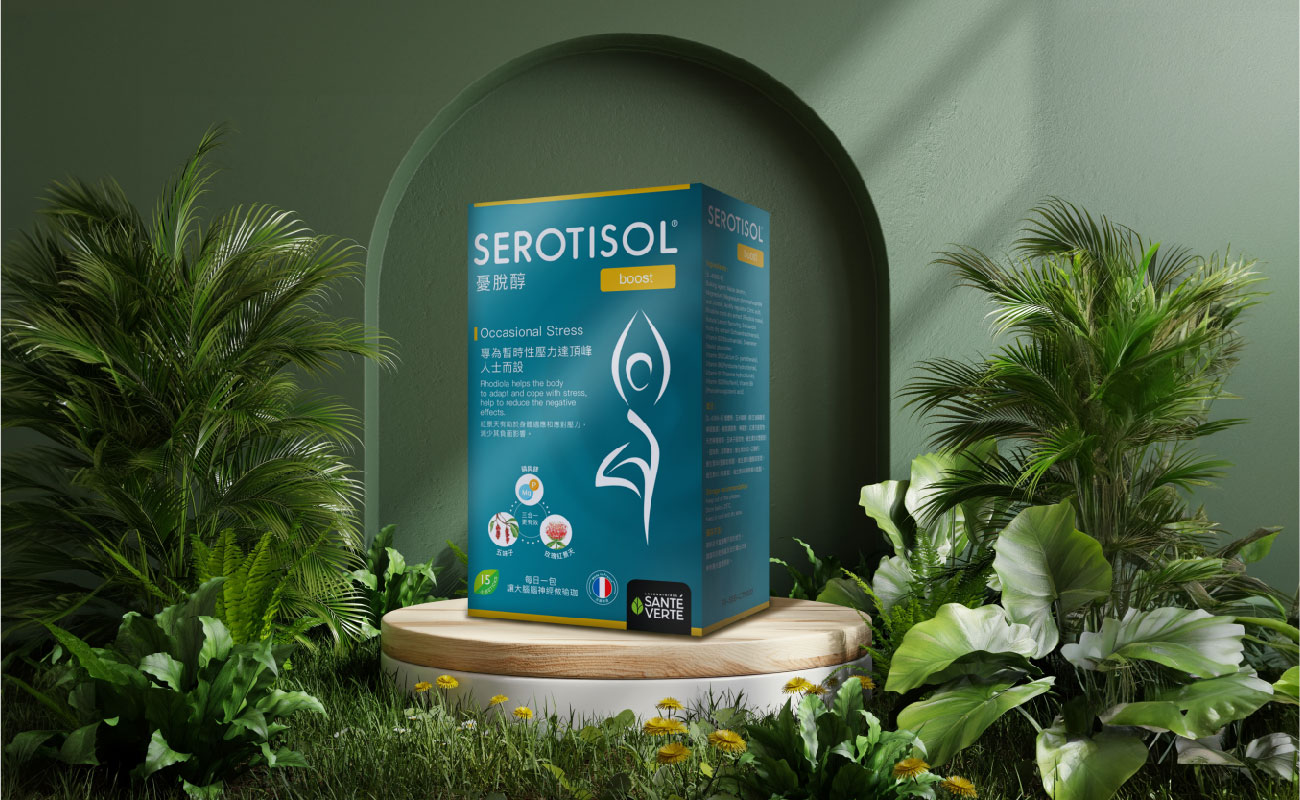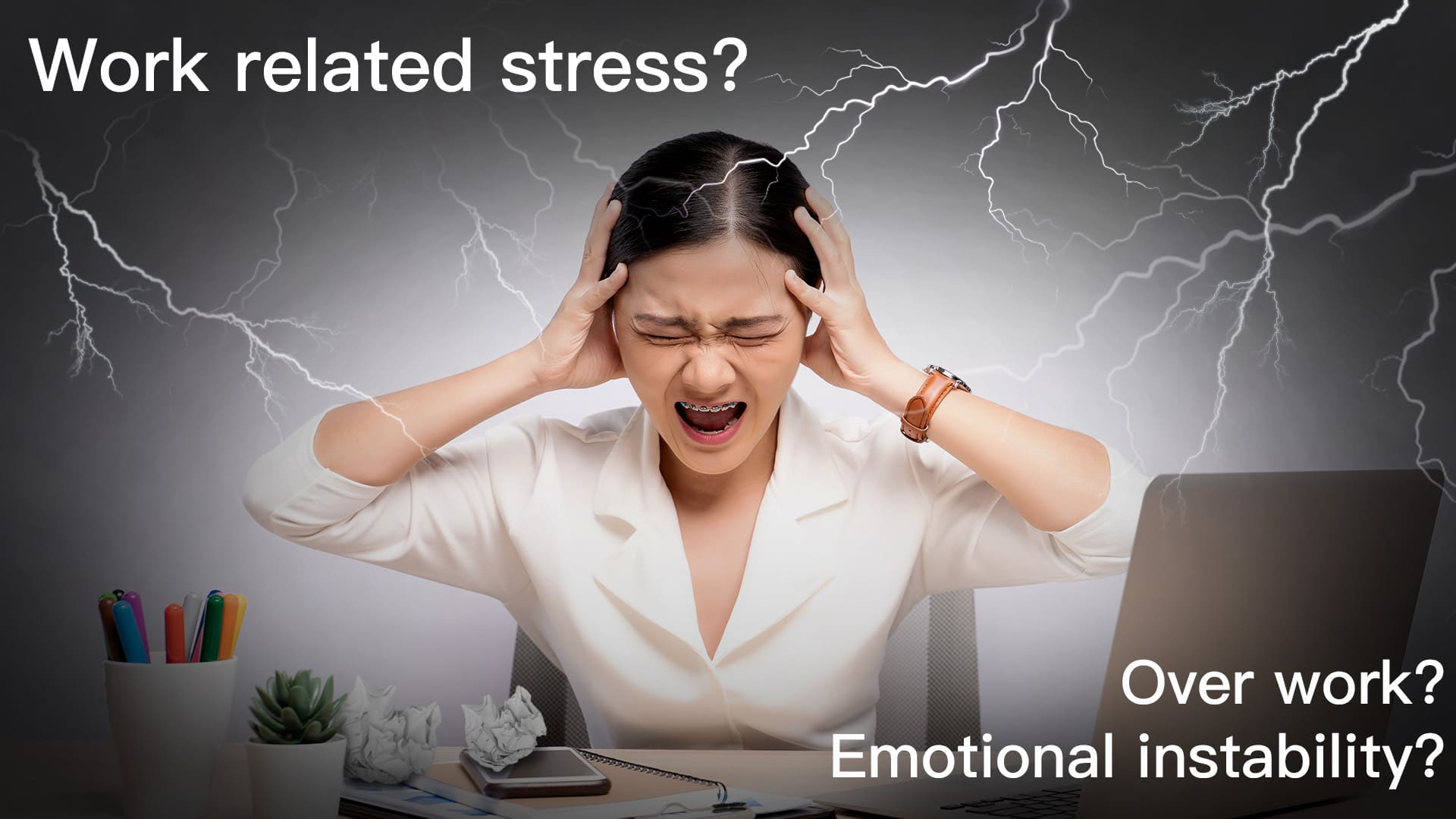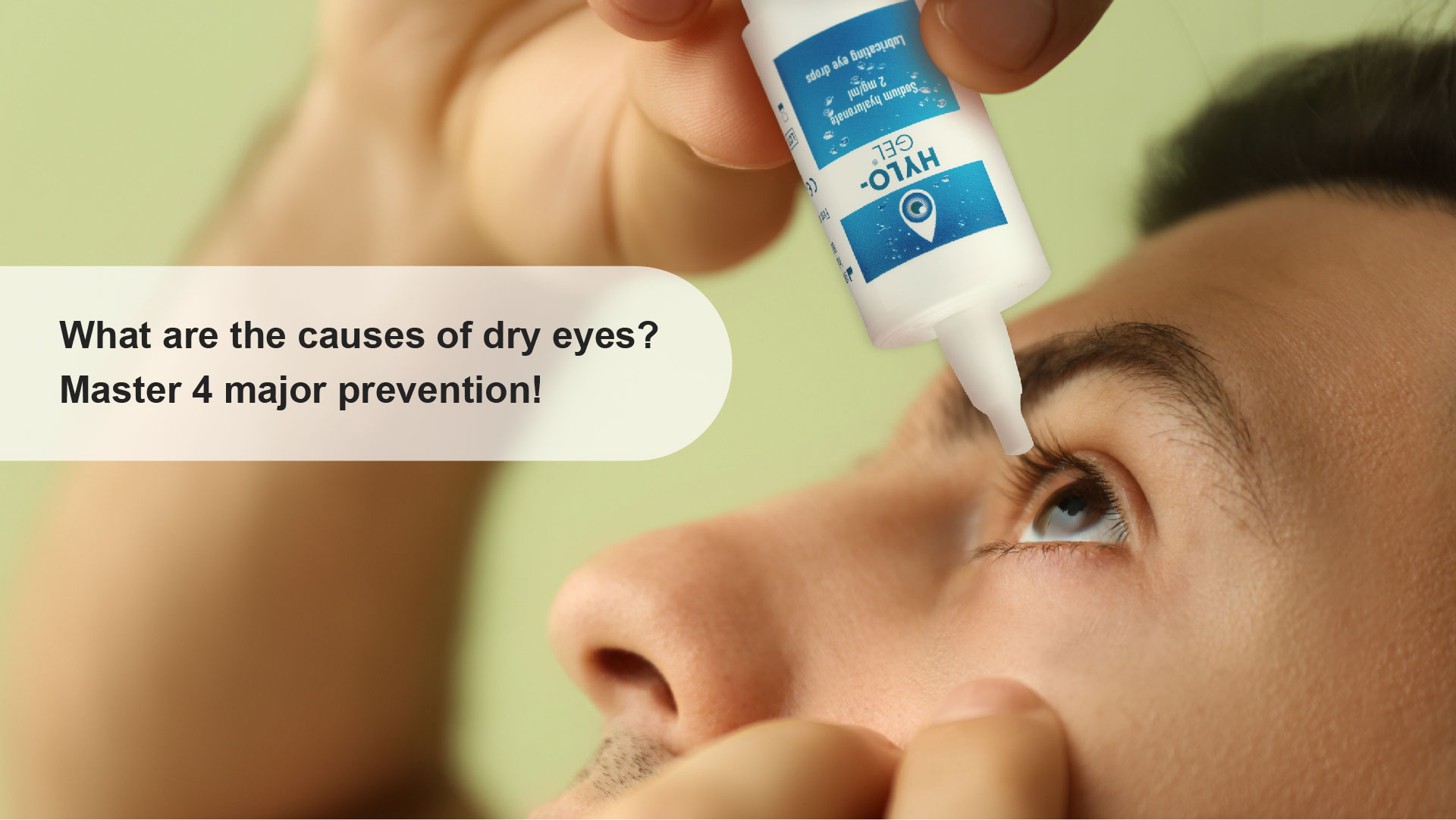
How to Relieve Symptoms of Work-Related Stress? 6 Ways to Relieve Tension and Regain Calmness!
The Gallup Poll, a U.S. research institution, once published the “2022 Global Workplace Survey Report,” which stated that the “Global Work Stress Index” hit a new high, with 44% of respondents saying they experience significant stress every day!
By region, East Asia had the highest stress index globally, with up to 55% feeling significant stress at work. The report showed that Hong Kong had the highest work stress index, with nearly 53% of Hong Kong workers reporting stress.
What are the Causes of High Work Stress? Understand Common Sources of Stress!
There are many reasons for high work stress, and identifying the source of stress is essential for targeted treatment. Here are some familiar sources of work stress:
Heavy workload and long working hours
A heavy workload usually means completing much work within a limited time, exceeding both physical and mental capacities and causing unbearable stress. Additionally, excessive workload can lead to longer hours and frequent overtime. Research indicates that people in Hong Kong work far more hours than the global average, leaving insufficient time for rest. Especially when the brain lacks rest, it becomes more susceptible to stress or emotional fluctuations. Over time, this may negatively impact both physical and mental health, making it challenging to balance work and life.
Poor workplace relationships or conflict
In the workplace, we inevitably need to collaborate with colleagues from different backgrounds, personalities, and values, which can lead to friction and conflicts in interpersonal relationships. A tense team may result from inappropriate behavior by management, unequal work distribution, or unfair company policies. Both poor interpersonal relationships and a tense team can create a hostile atmosphere and emotions at work, such as hostility, anxiety, and distrust, thereby exacerbating work stress.
Uncertain career prospects
Lack of precise career planning and development direction, such as unclear job positioning, failure to develop strengths, lack of promotion opportunities, uncertain career prospects, or rapid workplace environment changes, can lead to feelings of confusion and helplessness. This can result in stress as individuals worry about their career progress or inability to achieve career goals.
Poor working environment
Poor working environments include noisy and messy workplaces, cramped spaces, poor air circulation, extreme temperatures, or inadequate lighting. If the working environment is uncomfortable, it can lead to feelings of tension and unease, affecting both work efficiency and quality and hurting physical and mental health.
Factors other than work
Issues in personal life, such as family conflicts or individual personality, can also affect work efficiency and mood. For example, arguments between partners are bound to bring negative emotions to the workplace. If these problems persist, their impact on work will likely become more severe.
What are the Symptoms of Work-Related Stress?
Work stress can lead to a series of symptoms, including physiological symptoms, behavioral changes, emotional reactions, and thought disorders. Here are some common significant symptoms of work-related stress:
Physiological Symptoms
Difficulty falling asleep, insomnia, headaches, stomachaches, increased blood pressure, muscle pain, chest tightness, constipation, diarrhea, rapid heartbeat, fatigue, and weakness. These symptoms affect daily life and impose a long-term burden on health.
Behavioral Changes
Changes in appetite, increased smoking or alcohol consumption, reduced physical activity, reckless behavior, blaming or complaining about others, and avoiding work. These responses can further affect both physical and mental health.
Emotional Reactions
Emotional reactions are usually the most direct in response to work stress. For example, some people may feel anxious or helpless, while others may exhibit irritability, anger, or mood swings. These reactions can affect interpersonal relationships and work performance.
Thought disorders
Thought disorders may include difficulty concentrating, lack of focus or indecision, and lack of creativity. These problems affect work efficiency and may lead to self-doubt about confidence and professional abilities.

6 Ways to Relieve Tension and Regain Calmness!
If you are experiencing some significant symptoms of work-related stress, try the following six simple stress-relieving methods to help you relax :
1.Create exercise habit
Exercise not only helps distract from stress, reduce brain burden, and relieve anxiety and stress but also increases physical vitality and resistance. Physical fatigue after exercise also helps with falling asleep at night.
2.Improve lifestyle
First, plan work and rest time reasonably to avoid long hours of work or staying up late for overtime, ensuring enough rest time to recover energy. Secondly, regular routines such as fixed sleep and wake times should be maintained to regulate the body clock, help improve sleep quality, and relieve fatigue. Finally, schedule exercise, leisure, and social time in daily life to ensure both body and mind can fully relax.
3.Maintain a balanced diet
A balanced diet provides the body with sufficient nutrition, helping to improve immunity. Good physical health enables you to cope with stress. It is recommended to consume at least five servings of fiber-rich vegetables and fruits (such as onions, kale, apples, and bananas), five servings of grain products (such as oats) daily, and to consume more foods rich in vitamin B, C, magnesium, or Omega3, all of which help alleviate stress.
4.Practice relaxation
There are many online tutorials on relaxation methods that you can try to practice. Examples include breathing techniques, progressive muscle relaxation exercises, eye movement exercises, or meditation.
5.Build good interpersonal relationships
Cultivating good interpersonal relationships and opening up to others when needed are good ways to relieve stress. Whether it’s family, friends, or colleagues, their understanding, emotional support, and encouragement can bring spiritual comfort, help release negative emotions, stabilize mood, and, most importantly, their advice may help you find solutions to problems.
6.Properly adjust work schedules
Properly arrange work schedules and determine work priorities. For example, handle essential and urgent tasks first and schedule tasks requiring the most concentration during peak efficiency periods, such as in the morning. Alternatively, break down an enormous task into several independent smaller tasks and complete them individually, avoiding feelings of helplessness when facing significant tasks.

Serotisol® Boost, Your First Choice for Relieving Anxiety
Santé Verte’s Serotisol® Boost is a stress-relieving supplement formulated with natural herbal ingredients, including Schisandra chinensis, Rhodiola rosea, and a complex of B vitamins. Schisandra promotes the secretion of serotonin in the brain, balances dopamine and adrenaline levels, and helps regulate depressive moods; Rhodiola rosea regulates the sympathetic nervous system and relieves emotional fluctuations. Its herbal ingredients gently affect the body, effectively reducing stress without causing addiction.

When purchasing Serotisol® Boost, please identify the official authorized distributor, ReichPharm. ReichPharm has been certified to ISO 9001 international standards and is committed to introducing high-quality and professional medical products worldwide, including specialty drugs, over-the-counter drugs, and health supplements, providing a wide range of choices to meet customers’ diverse medication needs.

Friendly Reminder: If anxiety persists for a long time or even affects daily life and work, it is recommended to seek medical treatment early to identify the root cause and avoid worsening situations.


